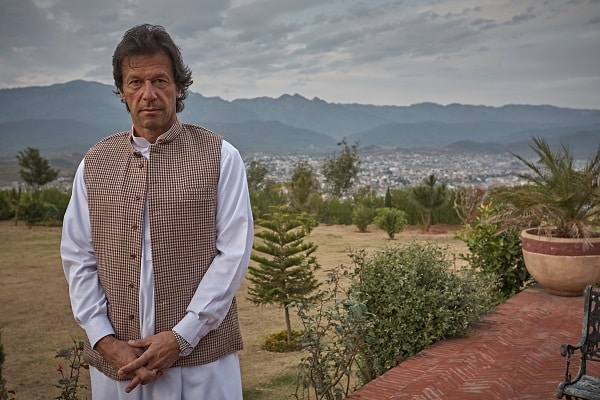
![]()
Pakistan’s Prime Minister Imran Kahn has approved a law that will see rape offenders chemically castrated. Office called this an effort to control the growing number of incidents of sexual violence against women and children in the country.
Two “critical ordinances” have been approved by Mr Kahn in principle to deal “holistically with the crime of rape and child abuse and to make the necessary amendments" in the Pakistan Penal Code. The law ministry presented the drafts of the ordinances on Tuesday.
According to local media reports, Mr Kahn has stressed that the new legislation will be clear and transparent with strict enforcement as they want to “ensure a safe environment” for the citizens.
The PM said once the laws are in place, rape survivors will be able to register complaints without fear. Their identities will also be protected by authorities.
Pakistan’s human rights minister Shireen Mazari said that the ordinances include an expansive definition of rape, the establishment of special courts, anti-rape crisis cells and prohibition of the “two-finger test”. The test is a largely discredited yet, still widely used invasive check on sexual assault victims’ genitalia. Ms Mazari tweeted that “These ordinances were badly needed.”
Local media reports suggest some ministers were also in favour of publicly hanging the rape convicts. Full details of the new ordinances were expected to be brought before parliament soon.
Within Pakistani society, violent crimes against women have increasingly become the subject of debate. This is particularly so after a recent high-profile gang-rape case in Lahore.
Syed Ali Zafar of Pakistan’s ruling party, Tehreek-e-Insaf, said the “commitment to bring justice to victims of rape and harassment will provide women holistic legal cover and protection. However, it is just the beginning. We have to work even harder to change [the] mindset that makes happen such gory acts.”
A global Gender Gap Index Report was conducted by the World Economic Forum (WEF) in 2019. They ranked Pakistan 3rd from the bottom of that list of 153 countries, behind only Iraq and Yemen.
In other news, a woman who was raped as a child has won her long legal battle to lift a court-imposed gagging order that prevented her attacker from being named.